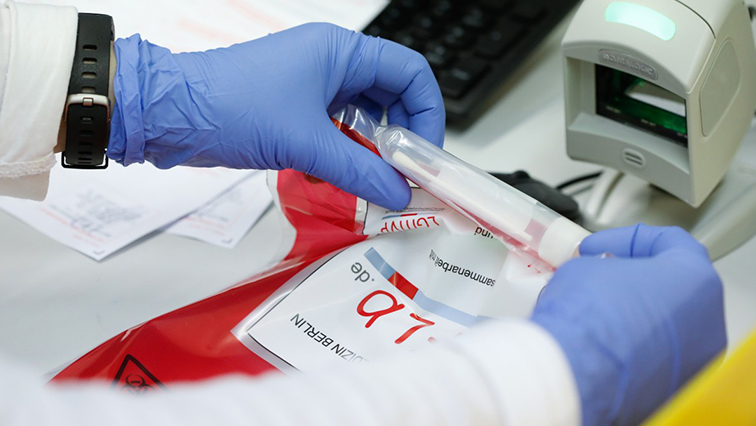Renowned epidemiologist Professor Salim Abdool Karim says despite isolated cases of new variants of COVID-19 being detected in South Africa, he is more concerned about the possibility of a new local variant emerging during a third wave.
The Health Department has confirmed 11 cases of the B1.1.7 variant that was first detected in the United Kingdom, and four cases of the B1.617.2 variant that was first detected in India.
These variants have now spread to countries across the world, including South Africa. So far, South Africa has registered over 1.5 million COVID-19 cases with over 54 000 deaths.
Professor Karim says that the inter-connectedness of the world means the inability to control the movement of new variants, from one country to another.
The B1.1.7 variant that was first discovered in the United Kingdom in the first week of December 2020, has now spread to over a hundred countries.
Karima is appealing to South Africans to rather focus their energies on remaining vigilance and managing their own behaviour, to remain protected.
He says the current isolated cases of other variants on South African shores is not an immediate concern.
“At this stage, probably not! If you follow the rules, you have a good chance of not getting infected. If you were infected in the second wave you are likely to have some level of protection against this variant because of the common mutation. The third is that, for those who’ve been vaccinated, like healthcare workers, they will have a level of protection against this virus.”
On the issue of perhaps banning visitors from particular countries, Karim says that comes from the tendency to put blame on other people.
“It’s because the temptation is to blame others; not to blame ourselves, when we’re walking around seeing all these people not obeying the rules. It’s convenient. Let’s blame someone else, they are bringing the COVID here, not that we are responsible for spreading our own COVID here,” says Karim.
Video: Dr Michelle Groome unpacks the nature of the new variants recently detected in South Africa
As South Africa readies for winter, there are concerns around the possibility of a third wave. Karim speaks to data from an analysis of the third wave in seven countries.
“In all of those countries, the third wave was more severe than the first or second wave. They didn’t have the situation of a rapidly spreading variant. That caused a severe second wave. I don’t think we can readily extrapolate from what we’ve seen elsewhere to South Africa. Our own variant is as much a concern to me as the variants coming in from other countries. I’m less concerned about the other country variant at the moment, because all of the variants we are seeing are not as severe or as concerning as the one we have here.”
Asked about his thoughts on the level of complacency around the virus, over a year since the first case was detected in Hilton in KwaZulu-Natal in March last year. His response includes his own observation during his morning walks.
“I had hoped that once people understood the risks of COVID, once they had seen families, friends, succumb to this disease they will be fastidious about prevention. I mean, you think about the harshness of our second wave, people had just put it aside now. I go for a walk in the morning, I can tell you in January if I saw one person without a mask it was a lot. Everybody wore a mask. This morning about one out of four people is not wearing a mask properly; either it’s on the chin, or below the nose or in the hand. That’s not good enough.”
Earlier this year, Karim hung up his boots as co-chair of the ministerial advisory committee on COVID-19 to focus on his HIV/AIDS work. He is the director at the Centre for the AIDS Program of Research in South Africa. As an addition to his already distinguished resumé, Karim finds himself on the World Health Organisation’s Science Council.
The nine-member council is chaired by Professor Harold Varmus, the 1998 winner of the Nobel Prize in Physiology or Medicine.
“Our task is to look at the latest scientific development, new technologies, new findings, new discoveries, and how might those be used to impact health to improve health and advise the WHO on these new technologies. One of the members of the committee is an old friend of mine, Mary Clare King who discovered the BRCA gene – the gene that causes breast cancer and we were talking about how we can use genomics in new diagnostics, therapeutics, to prevent diseases. You will see coming out of this people who have an excitement about science, who are looking at science in different ways and trying to interpret how these new scientific discoveries can really make a difference.”
Karim remains adamant that a combination of government restrictions and sticking to the basics of wearing masks, social distancing and avoiding large gatherings, are simple safeguards, even as the virus mutates.
About 300 000 South African healthcare workers have been vaccinated so far. Phase 2 of the country’s vaccine campaign is expected to start this month with people who are 60 years and older.


